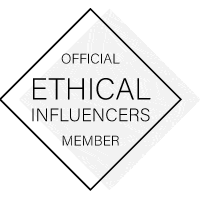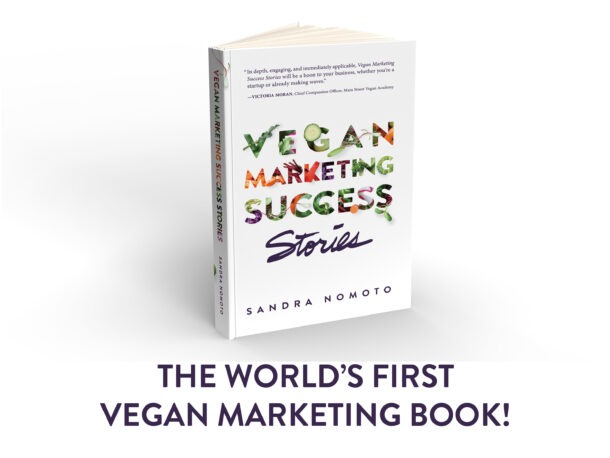A crash course on mindful living and aligning your life with your values
I recently learned about Zoe Weil (pronounced “Zoh While”), co-founder of the Institute for Humane Education (IHE), and the books she’s written. Atria Books (a division of Simon & Schuster), published her first book, Most Good, Least Harm: A Simple Principle for a Better World and Meaningful Life, 15 years ago.
Even though I know Weil is a long-time vegan (I had heard her on at least one vegan podcast) I was originally skeptical of the book and how much about veganism it would include, but it’s really a masterclass on living more mindfully using the most good (MOGO), least harm principle.
Right off the bat in Chapter 1, Weil talks about aligning your life choices with your values. Many adults do not know what their values are or roll their eyes when you ask them what issues they care about.
Weil talks about the 3 Is: inquiry, introspect, and integrity, and refers to these throughout the book.
Here are some other highlights I enjoyed:
- Weil gives examples of three people who live by the 3 Is, whether in their volunteer work or career. Later in the book she gives more examples of people who use MOGO principles at work.
- She gives ideas on how people can level up their service, or give up something that we know causes harm.
- She helps us make the connections between issues (e.g. How do overweight teens relate to the dead zone in the Gulf of Mexico?). We can do this by consuming news and sourcing information on the issues, finding the causes of problems around us, considering the troubles or difficulties we’ve caused others, and having gratitude.
- Think about how it takes 3 to 5 litres of water (over 6L, if imported) to produce 1 L of bottled water!?!
- We can assume all people who are involved in factory farming are bad, but we can help them by considering the clothing and products we buy, buying fair trade items, and modelling the message of kindness, respect, and honesty.
- She talks about the popular “either/or” and “us/them” points of view, but that there’s always a third option, if not more.
- Anyone can join either a local or global community.
- Weil talks about the importance of self-care, how we can make manageable changes, and how we can buy products more mindfully. (She mentions responsibleshopper.org, which is now a webpage on sustainable shopping tips at GreenAmerica.org.)
- She covers the realities of factory and fish farming (which haven’t improved since the book was written), and how she went vegan in the 80s.
- One can be an activist even if they don’t attend protests or marches.
- She shares how to develop an action plan, including how to be more involved as a democratic citizen
Weil ends the book with:
- testimonials from adults and children after they attended a MOGO workshop
- (now older) statistics on health, hunger, environment, animals, consumerism, happiness, and personal/social satisfaction, and
- additional resources.
Weil says at the beginning of the book: “Each of us must determine our deepest values and live accordingly.“
I highly reco this book for anyone, vegan or not, who wants to dive deeper into their life’s purpose and what their values are, and how they can be less harmful in their lives and give back to the causes they care about. It was a wonderful reminder to me that even though I’m vegan, there’s always more I can do.
Need a book coach, ghostwriter, editor, or formatter to help you create your non-fiction book so you can get it in the hands of readers? Read more about my services here and contact me if you’re ready to begin!






